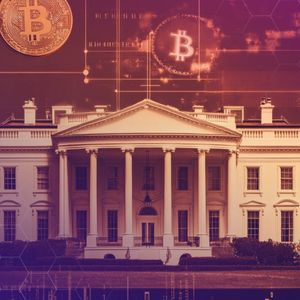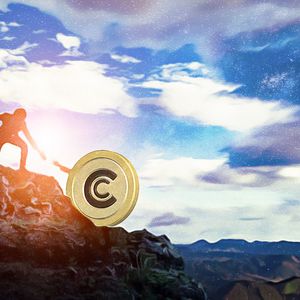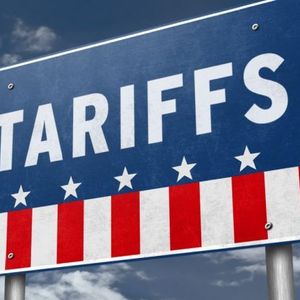The United States government is assessing the creation of a strategic Bitcoin reserve following President Donald Trump’s instruction. This initiative could open a new chapter in Bitcoin’s involvement in national economic planning and guarantee a heated discussion about its advantages and disadvantages. The directive, issued Thursday , requires the group to submit a report on or before July with recommendations on how federal law enforcement assets might be used to create a Bitcoin reserve. The model resembles the U.S. Strategic Petroleum Reserve, but it prompts questions on the possibility and consequences of considering Bitcoin as a national reserve asset. The idea of a Bitcoin reserve has recently gained traction in the crypto industry. This has largely been fueled by prominent crypto supporters and pro-crypto lawmakers like Senator Cynthia Lummis. Her “Bitcoin Act of 2024” describes a plan to create a Strategic Bitcoin Reserve, with a plan to buy between 100,000 and 1,000,000 BTC over five years. These assets would be stored in multiple decentralized cold wallets in different locations in the United States. Currently, the U.S. government possesses about 200,000 Bitcoin worth $21 billion. Judicial implications of managing Bitcoin reserves The adoption of Bitcoin as part of national assets poses certain legal issues. Most of the legal frameworks governing fiat currencies and commodities do not capture Bitcoin’s decentralized and cross-border nature. This is because new legislation may have to be formulated to provide the legal context for Bitcoin’s definition and the extent of its utility as a reserve currency. There are also issues of conflict of ownership, security issues, and liability issues in case of hacking or fraud. Centralization, often connected to traditional reserves, may be hard to mimic for Bitcoin and remain true to its decentralization model. Federal Reserve Chair Jerome Powell has also dismissed the idea that the central bank owns Bitcoin. He further stated that the Federal Reserve Act does not permit that. Also, since Bitcoin has characteristics that do not easily fall under legal classifications, it is difficult to control. Policymakers must decide whether to include Bitcoin in the present asset class, which includes foreign exchange or instruments of credit. For example, the Exchange Stabilization Fund (ESF) could be used to purchase Bitcoin through credit. However, this approach would require a legal check on the provisions of the statutes to avoid any violation. Globally, Bitcoin reserves may be a subject of regulation under cross-border trade and investment laws and economic treaties. Regulatory alignment between countries will be necessary to avoid conflicts, such as taxation, anti-money laundering protocols, and digital asset custody laws. Advocates vs. skeptics The proposal has attracted considerable controversy among policymakers, financial gurus, and market actors. According to its supporters, Bitcoin’s limited supply and the fact that it is not controlled by any single entity mean it can act as inflation insurance and a useful asset for central banks. Michael Saylor, the executive chairman of MicroStrategy, has been one of the most prominent advocates for Bitcoin, explaining that it is a better reserve asset. Since Saylor took over the helm at MicroStrategy, the company has purchased more than 461,000 BTC. BlackRock CEO Larry Fink has also endorsed Bitcoin, saying that it is “digital gold” and that its price may rise to $700,000. However, critics highlight its risks. These include its notorious volatility, lack of intrinsic use, and speculative nature, which make it a divisive choice for a government reserve. Galileo FX CEO David Materazzi cautioned against gambling taxpayer money on a highly volatile speculative asset, as governments should stand for stability rather than profit. Others, like Alexandr Sharilov from CoinDataFlow, pointed out that such volatility may spill over to other economies and cause a “digital arms race” if poorly managed. “If the price of Bitcoin falls, it could trigger a digital arms race and disrupt the global economy.” How many countries are in? However, the U.S. is not the only country that has an interest in using Bitcoin in its national reserves. Switzerland is considering including Bitcoin in its reserves besides gold. El Salvador has already preceded other countries by making Bitcoin legal tender in 2021. However, not all countries are making Bitcoin a national reserve. In Japan, Prime Minister Ishiba Shigeru affirmed that Bitcoin cannot be considered a foreign exchange asset. Japan’s foreign exchange reserves, he emphasized, are for handling currency-based assets and bonds, which are a far cry from the volatility of Bitcoin. The uncertainty of the government’s desire to acquire more Bitcoin in the future is still a mystery. While Trump’s order is sparse on this front, it has sparked renewed interest in discussing the potential of Bitcoin within national reserve assets.














